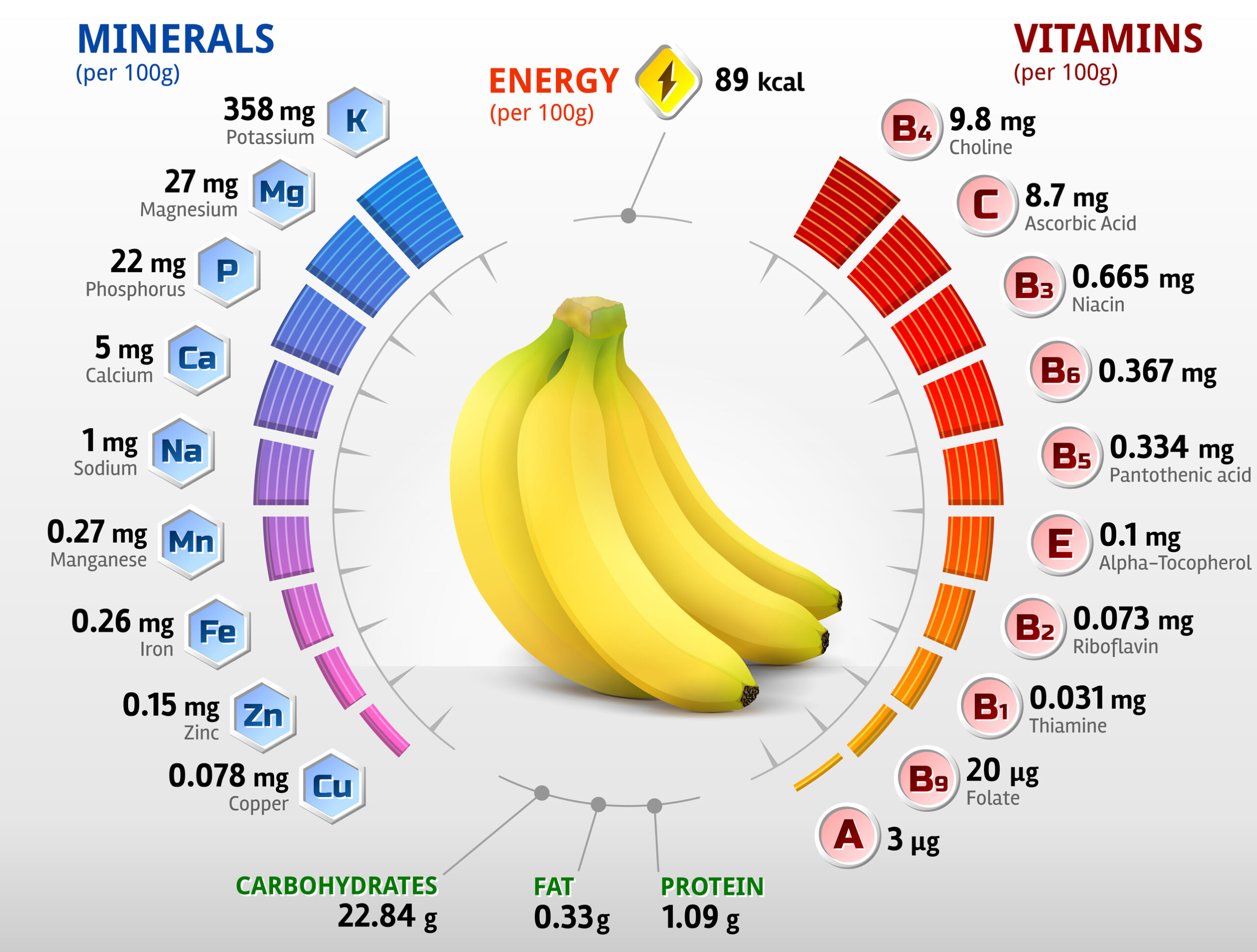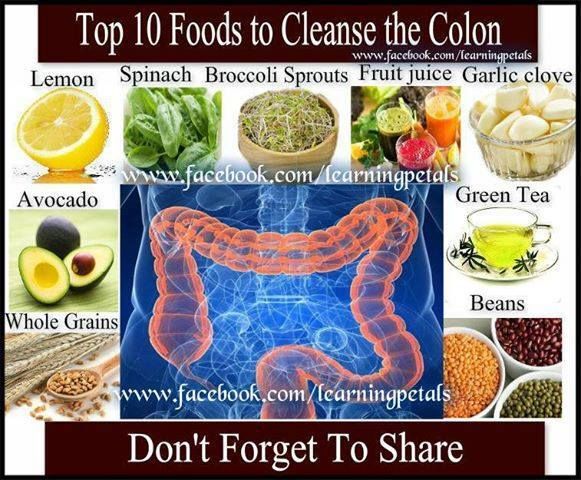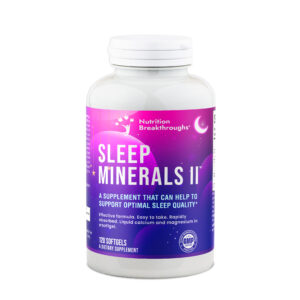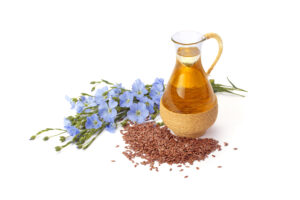 Surprise: One natural remedy proven in a research study to relieve hot flashes may be unexpected to some, as it is such a well-known, widely used vitamin with many benefits. It’s the famous vitamin C.
Surprise: One natural remedy proven in a research study to relieve hot flashes may be unexpected to some, as it is such a well-known, widely used vitamin with many benefits. It’s the famous vitamin C.
The study was called “Non-Hormonal Control of Vaso-Motor Flushing in Menopausal Patients”, published in the journal: “Chicago Medicine.” Vasomotor refers to the nerves and muscles causing blood vessels to constrict (narrow) or dilate (open). Blood vessels dilate during hot flashes — this process is the body’s way to release the heat. Extensive research indicates that vitamin C strengthens blood vessel membranes, eases hot flashes and helps slow the overall aging process.
In the vitamin C study, A total of 94 patients were studied, all of who had reached menopause. They were given 200 milligrams of vitamin C and 200 milligrams of bioflavonoids (the substance contained on the inside of orange peels) six times daily. Therefore each subject received 1200 mg of both the bioflavonoids and vitamin C each day. The results were that 67% of the subjects reported complete relief from hot flashes and 21% reported partial relief, giving this combination an overall 88% success rate.
Vitamin C is also proven to be a “Beauty Vitamin.” In support of vitamin C as an anti wrinkle nutrient, a study from the American Journal of Clinical Nutrition announced the results of researchers from the United Kingdom. They discovered that higher vitamin C intakes were associated with a lower likelihood of a wrinkled skin appearance and skin dryness. Vitamin C majorly improved overall skin appearance in a study of 4,025 women aged 40 to 74.
Mineral deficiency can also be a factor in contributing to menopause symptoms such as hot flashes and night sweats. The pioneering nutritionist Adelle Davis writes of this in her book “Let’s Eat Right to Keep Fit”.
Davis says, “The amount of calcium in a woman’s blood parallels the activity of the ovaries. During the menopause, the lack of ovarian hormones can cause severe calcium deficiency symptoms to occur, including irritability, hot flashes, night sweats, leg cramps, and insomnia. These problems can be easily overcome if the intakes of calcium, magnesium, and vitamin D are all generously increased and are well absorbed.”
Jobee Knight, a nutritional researcher and founder of Nutrition Breakthroughs in Glendale, CA., is someone who fought her own menopausal battle against sleeplessness and insomnia. She decided to put her background to use by searching out effective natural insomnia remedies for relaxation and deeper sleep.
The result was Sleep Minerals II, a natural insomnia remedy that contains highly absorbable forms of calcium and magnesium, combined with vitamin D and zinc. The ingredients are formulated in a softgel with healthy oils, making them more quickly absorbable than tablets or capsules and providing a deeper, longer-lasting sleep.
Anita L. of New Caney, Texas says: “I was having hot flashes every 30 minutes to an hour through the night and was so miserable. After about two weeks of taking the Sleep Minerals, I noticed an incredible difference with my sleep. I have much less interruption from flashes, I’m sleeping much better and I’m a lot more comfortable.”
The minerals in Sleep Minerals II are also proven to be beneficial for strong bones, healthy muscles, menopause symptoms, teenage insomnia, and correction of calcium, magnesium, and vitamin D deficiencies.
Vitamin C can be found in many delicious foods and is known to be beneficial for immunity, stomach health, maintaining blood vessels, strengthening bones and teeth, healing wounds, and supporting heart and eye health.
Vitamin C is a key player in the production of collagen, which is the most abundant protein in the body and is a component of muscle, joints, bone, skin, hair and nails. High amounts of vitamin C is supplied by citrus fruits, many berries, broccoli, Brussels sprouts, red and green peppers, and in supplements.
For good health, smooth skin, hot flash relief, and a refreshing night of beauty sleep each night, keep your vitamin C levels high and take some absorbable forms of calcium and magnesium. For more information on Sleep Minerals II, visit the natural sleep aid page.
Studies have shown that vitamin C for night sweats and hot flashes is an effective remedy. Blood vessels dilate and widen during hot flashes — this process is the body’s way to release the heat. Vitamin C strengthens blood vessel membranes and can ease hot flashes per a study in “Chicago Medicine.”











